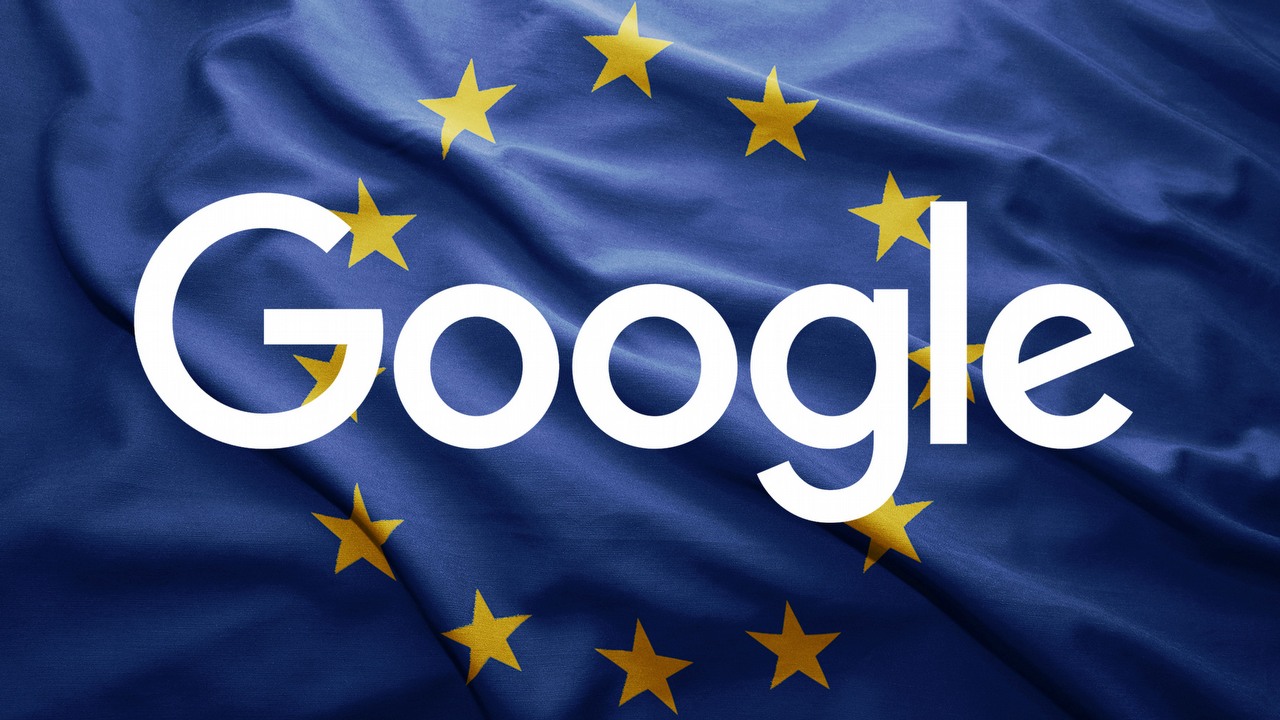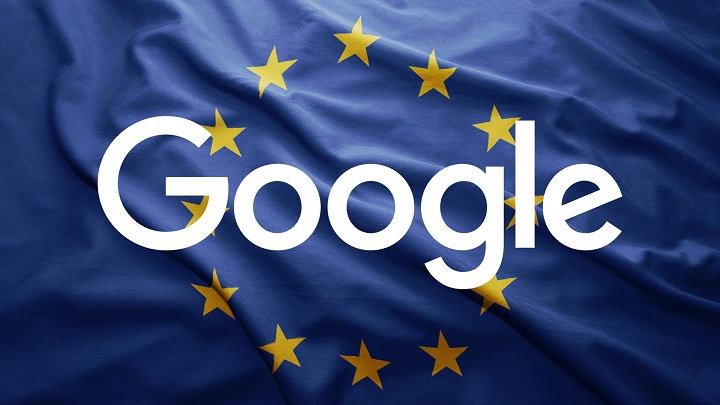EU Citizens Will be Able to Remove Pre-installed Phone Apps
The European Union will address the problem of applications pre-installed on our devices by manufacturers and operators.


I guess each of us had to deal with the situation when we bought a new phone and after starting it, we were horrified to discover that 50% of its memory is occupied by applications preinstalled by the manufacturer or operator. We're talking about all kinds of add-ons such as video players, proprietary file clouds or app stores - this kind of software installed on our smartphone is often contemptuously referred to as bloatware. The biggest problem is when the manufacturer prevents us from uninstalling it. And it is this issue that has been addressed by the European Union, which will now force manufacturers and operators to stop such practices.
The new law will be called the "Code of Digital Services" and will cover a huge number of issues in the broadly defined field of the Internet. As far as the pre-installation of applications is concerned, it seems clear that the European Union wants to prohibit the installation of any software on devices before they reach us. In addition, we are to be able to remove any such unwanted app. Interestingly, this regulation is also intended to cover PCs, which we often get with an inventory of a million different programs. Of course, on Windows we can uninstall everything ourselves, but if the new law comes into force, we won't have to waste our time on it.
The new regulations are also aimed at weakening the position of technology giants that dominate and collect too much data about us in the eyes of the European Union. The new code is intended to prohibit large companies from giving preferential treatment to their own services at the expense of other solutions available on the market. There would also be some restrictions in app stores, such as the App Store and Google Play, where the EU would like to prohibit the use of advertising data collected there for purposes other than advertising.
Undoubtedly it all sounds very ambitious - to break the established order in which the manufacturer or operator decides what is allowed and what is not in the phone's memory, and give the user control over what they do and what data they make available. The European Union, like many other organizations in the world, seems to see the problem that in the era of people's dependence on technology, they need to be made aware of the importance of their security and personal data. And the large companies that collect it do not necessarily care about it.
- Complaint against Stop Killing Games. Movement's founder responds to „false allegations”
- First European government backs Stop Killing Games. Polish Ministry of Digital Affairs supports the campaign and the unfair Steam prices
- iPhone Air will be Apple's first smartphone in 10 years without stereo sound. Fans are not bothered by this
0

Author: Mikolaj Laszkiewicz
Have been working at gamepressure.com since May 2020. First, he was a newsman in the Technology department, over time he began to get involved in games and journalism, as well as edit and supervise the Technology newsroom. He previously shared his thoughts on video games in, e.g. various thematic groups. A lawyer by education. He plays on everything and in everything, which can sometimes be reflected in his reviews. His favorite console is the Nintendo 3DS, he plays a new FIFA every year and tries to broaden his gaming horizons. Loves broadly understood computer equipment and disassembles everything that falls into his hands.
Latest News
- End of remote work and 60 hours a week. Demo of Naughty Dog's new game was born amid a crunch atmosphere
- She's the new Lara Croft, but she still lives in fear. Trauma after Perfect Dark changed the actress' approach to the industry
- „A lot has become lost in translation.” Swen Vincke suggests that the scandal surrounding Divinity is a big misunderstanding
- Stuck in development limbo for years, ARK 2 is now planned for 2028
- Few people know about it, but it's an RPG mixing Dark Souls and NieR that has received excellent reviews on Steam, and its first DLC will be released soon

